Neurophotonics tool development
Building and creating tools to optically record large populations of cells, durring naturalistic and neuroprosthetic behaviors.
Will Liberti, Neuroscientist
Building and creating tools to optically record large populations of cells, durring naturalistic and neuroprosthetic behaviors.
How are memories stored, maintained? What is the neural architecture supporting these memories?
What it the fundimental circuit architecture of memories and actions?

No good science happens in isolation- sharing ideas and progress makes science more efficent and fun
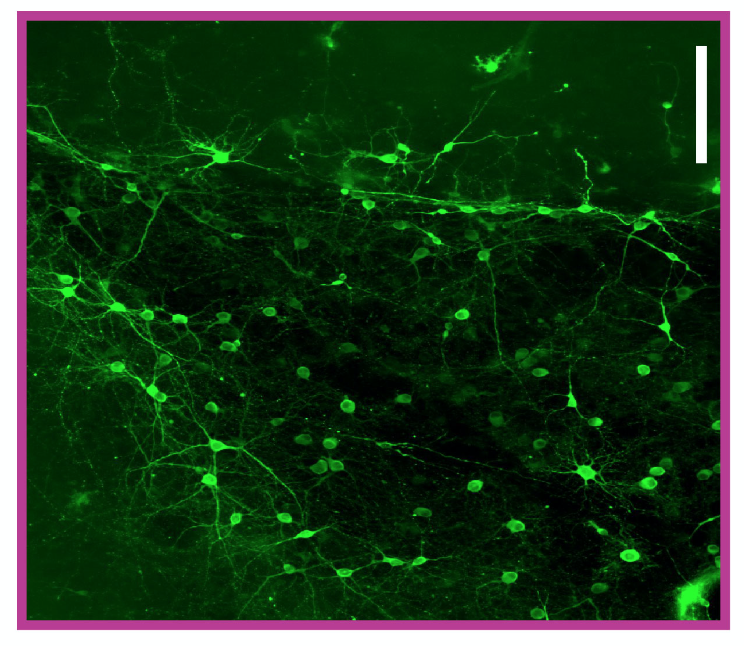
Building biological computers from cultured organotypic neural systems, to study emergent solutions to complex computational problems.
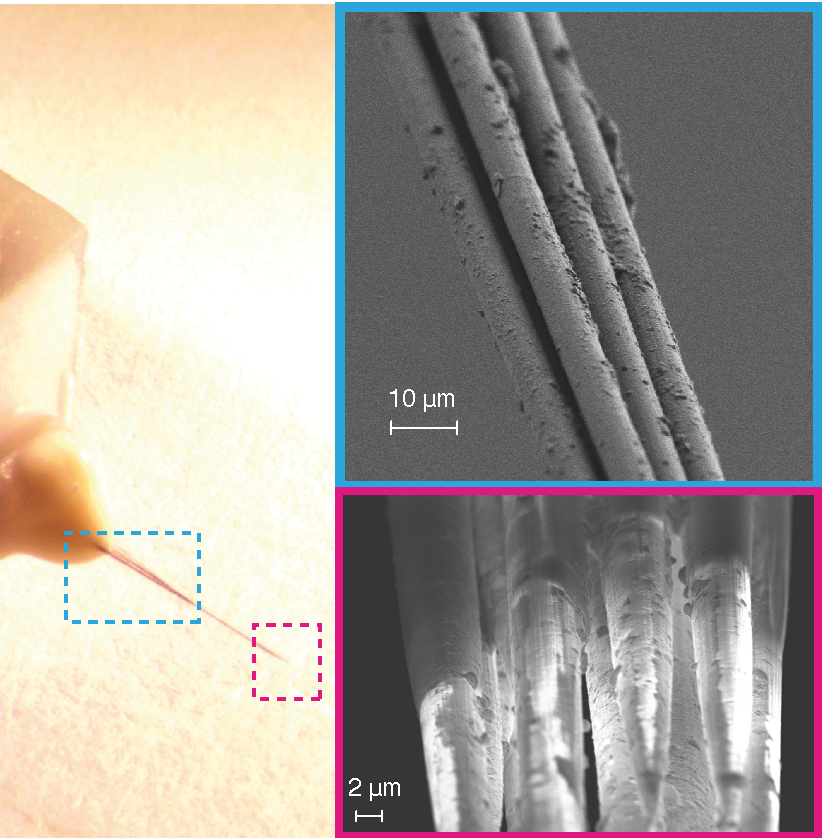
Building tools for long tem electrophysiology
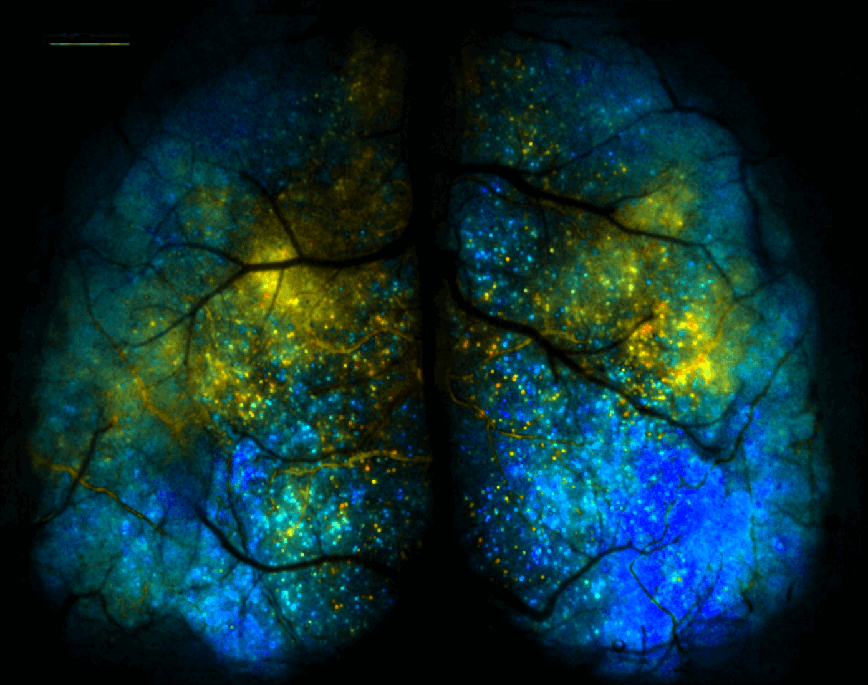
What forms the basis of learned skills? How do cells in the brain self-organize to retain information, and how is this information properly maintined?
Nearly all living creatures maintain learned motor skills over long time-scales–for days, years or even decades. However, little is known about the mechanistic basis skill learning and maintenance.
I develop tools for longitudinally monitoring and manipulating neural activity at scale, and deploying these tools in creative ways. I'm interested in studying the plasticity mechanisms that allow for stable network output in the face of rapidly fluctuating internal and external conditions. I aim to uncover fundamental principles that underly sensory-motor learning and memory stability."
These are the projects I'm actively interested in.

While it's known that memories and motor skills can endure for decades, the biological mechanisms behind their persistence are still largely unknown. Although homeostatic events are thought to play a key role in stabilizing behavior over time, it's unclear how these ongoing changes contribute to the acquisition and maintenance of learned skills. I'm exploring the dynamic nature of neural circuits and how they can foster both skill robustness and flexibility throughout an individual's lifespan using a brain-machine-interface (BMI) framework. Specifically, my research focuses on investigating the nature of memory formation and stability across lengthscales- from individual neurons, to local microcircuits, to distributed networks. By identifying the plasticity mechanisms that enable the rapid acquisition and long-term stability of learned skills, I hope to shed new light on this long-standing question."
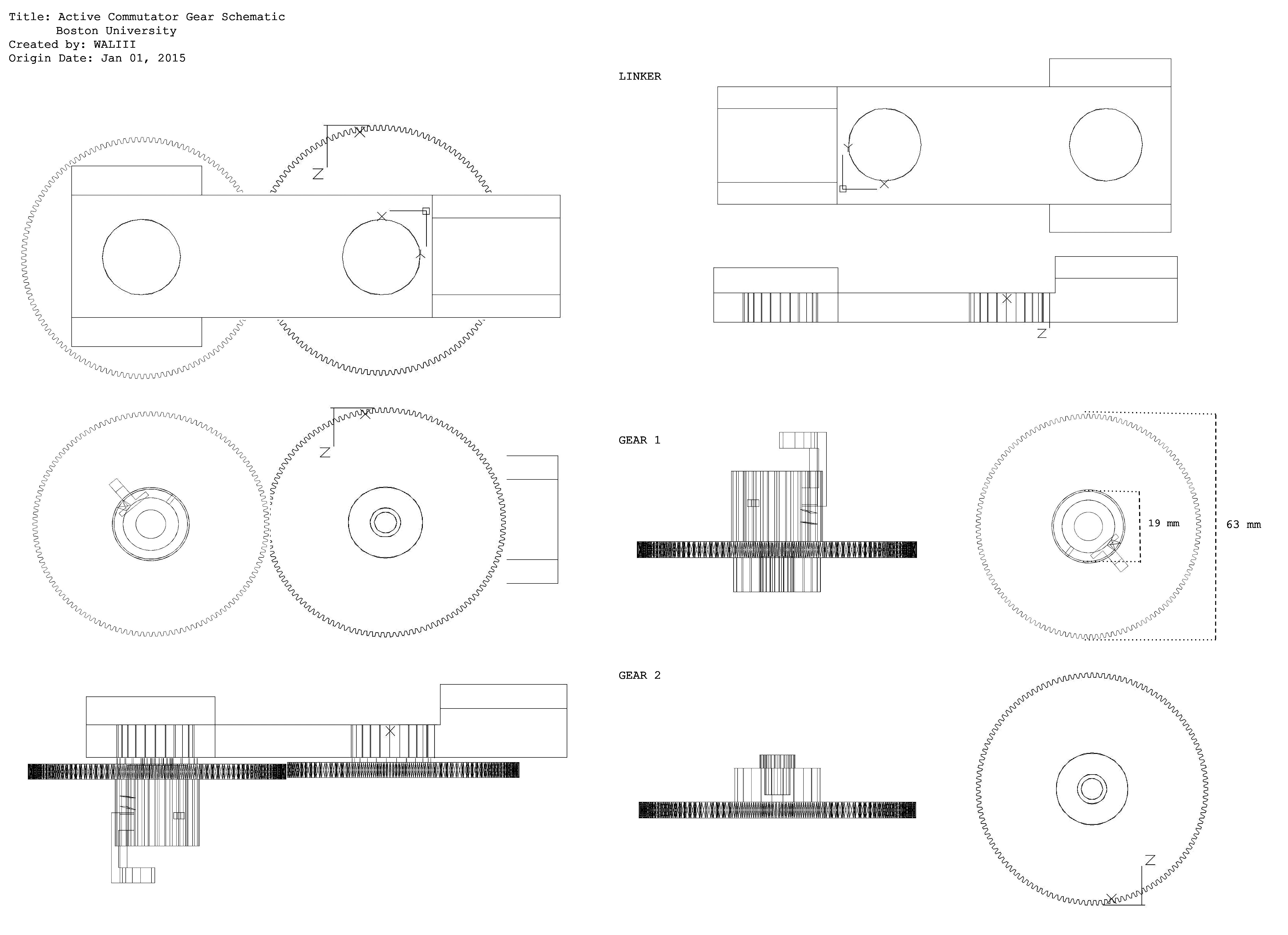
Optical recording of neural activity in behaving animals has become a crucial tool in systems neuroscience. By using genetically encoded calcium indicators, it's now possible to investigate the principles of learning in large ensembles of cells at a cellular level of resolution. As part of my work, I'm focused on creating novel tools for monitoring and manipulating neural activity in specific, user-defined populations of cells.
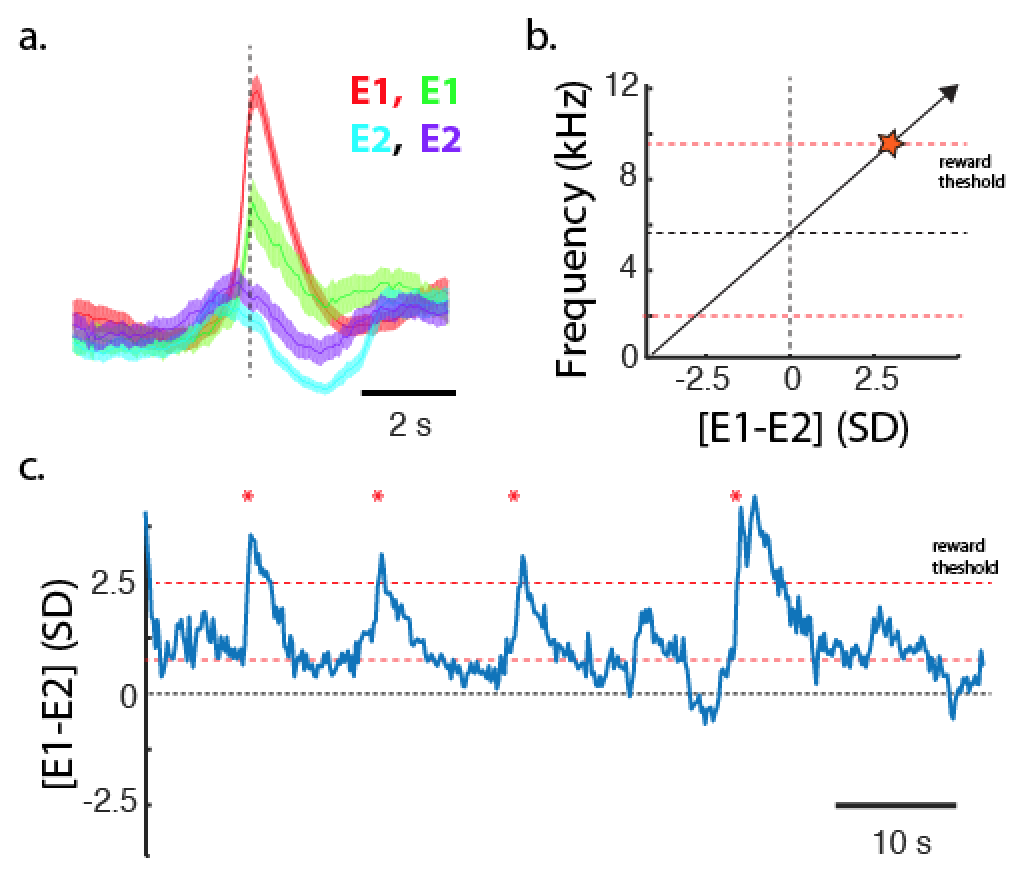
An important question in neuroscience is how individual neurons come together to form networks that are capable of performing complex computations. To explore this, I'm working on the development of all-optical, closed-loop operant conditioning paradigms. These paradigms allow for an explicit and arbitrary mapping between neuronal activity, behavioral output, and reward, offering a powerful approach to investigate the fundamental features of these networks and their role in sensorimotor learning.